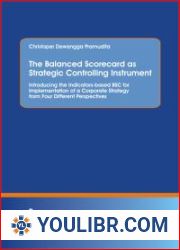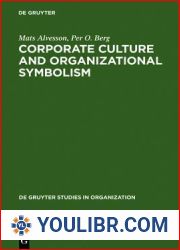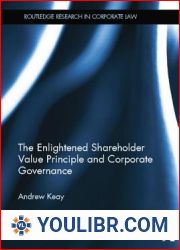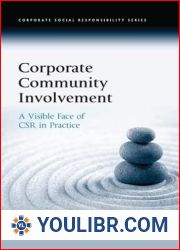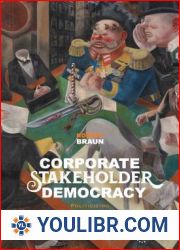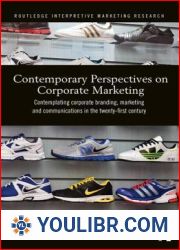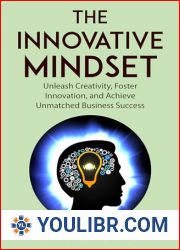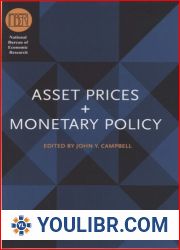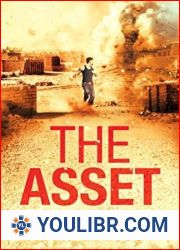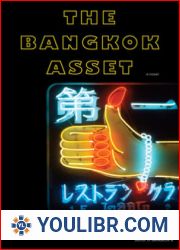
BOOKS - Corporate Culture: The Ultimate Strategic Asset (Stanford Business Books (Har...

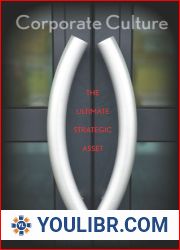
US $9.83

501593

501593
Corporate Culture: The Ultimate Strategic Asset (Stanford Business Books (Hardcover))
Author: Eric G. Flamholtz
Year: April 8, 2011
Format: PDF
File size: PDF 2.4 MB
Language: English
Year: April 8, 2011
Format: PDF
File size: PDF 2.4 MB
Language: English
Organizational culture is a quiet, but driving, influence on our perception of a company, whether as a consumer or as an employee. For instance, we know Southwest Airlines as laid back and friendly. We think of Google as innovative. To almost every well-known company we can assign a character. It is now well recognized that corporate culture has a significant impact on organizational health and performance. Yet, the concept of corporate culture and culture management is too often tantalizingly elusive. In this book, Flamholtz and Randle define culture, identifying and explaining the five key dimensions that determine a customer orientation; a people orientation; a process orientation; strong standards of performance and accountability; innovation and openness to change. They explain why culture is a critical factor in organizational success and failure - a key determinant of financial performance. Then, they provide a theoretically sound, highly practical, and field-tested method for managing corporate culture - presenting a set of international and domestic cases that show how actual companies have leveraged culture as the ultimate source of sustainable competitive advantage. In addition to well-known companies such as Starbucks, Ritz-Carlton, American Express, IBM, and Toyota, the text presents lesser known culture stars, such as Smartmatic and Infogix. While other titles on culture have focused too heavily on the organization as a psychological being, or on academic studies of culture as a business lever, Corporate Culture draws on empirics to present a go-to, must-read guide for leveraging corporate culture as a source of competitive advantage and as a means of impacting the bottom line.









